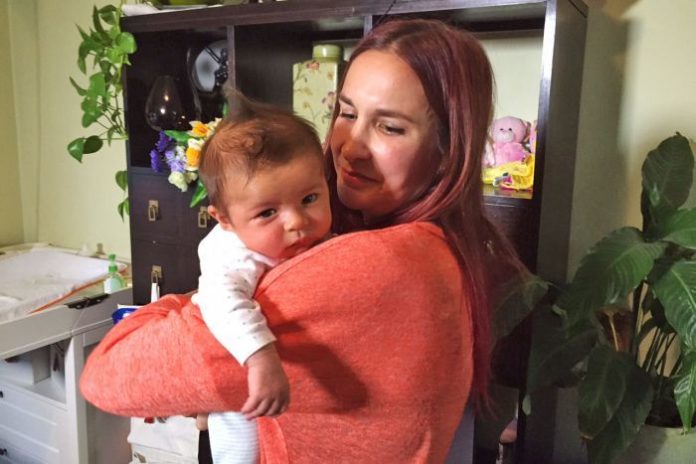The world’s first fallopian tube biobank, a joint project between Sydney’s Royal Hospital for Women in Randwick and the University of New South Wales, has gathered enough resources to start research into ectopic pregnancy.
Ectopic pregnancies occur when the foetus develops outside of the womb, usually in a fallopian tube.
In Australia, 1 in 80 pregnancies are ectopic, and each year two to three women will die from an ectopic pregnancy.
Fifty-six participants have donated to the biobank at the Lowy Institute for Cancer Research at UNSW, which is researching why ectopic pregnancies occur and why some women’s bodies are unable to accept embryos implanted through IVF.
Professor Bill Ledger, the head of reproductive medicine at the Royal Hospital for Women and professor of obstetrics and gynaecology at UNSW, drove the development of the biobank.
“The first question a woman asks when she recovers from surgery is why did it happen to me? And to be honest, at the moment we don’t have many answers,” he said.
“We can [now] look at the development of the placenta – we can look at why the placenta is growing where it is, look at whether the placenta is growing properly, [to] give us a clue about why women get pre-eclampsia or other diseases which are placenta driven.”
Tissue is collected from the patient with their consent if they undergo surgery for ectopic pregnancy.
It is then stored in the biobank, essentially a ‘store of tissue’, where it can be prepared for RNA and DNA work and other analysis for further research.
Removed fallopian tubes are usually otherwise treated as medical waste.
Fiona Patterson previously had an ectopic pregnancy and now has eight-week-old Kenzy from a successful pregnancy.
“It’s really devastating, paying a lot of money for IVF and also obviously being told that you’re pregnant … before being told that it wasn’t going to mount to anything is sad,” Ms Patterson said.
“[It’s] really, really sad.”
Professor Ledger said research from the biobank can also be used to understand cancer.
“It’s an interesting model because what happens in early pregnancy is the placenta is invading into the wall of the mum’s womb,” he said.
“In the case of [an] ectopic [pregnancy], it’s invading into the wall of the tube so you’ve got tissue invasion which is what cancer does.”
Ms Patterson described having her baby as a “miracle”.
“It would be amazing if [the outcome of the research] could prevent [ectopic pregnancies] or avoid it or if they could get the treatment required,” she said.


